The Slow Rise of Veganism in Vietnam
(Photo courtesy of Sống Thuần Chay)
UNDERSTANDING THE VIETNAMESE VEGAN CONSUMER
What is the main reason for vegetarianism/veganism in Vietnam?
There are many reasons people choose to eat plant-based diets full-time. The common perception in the Vietnamese community is vegan for spiritual and religious reasons. In the last 10 years with the growth of social media and the information age, the reasons to enjoy plant-centered diets have become more apparent.
With documentaries like Cowspiracy, Seaspiracy, and The Game Changers as well as high-resolution footage of modern factory farming practices the Vietnamese community has embraced veganism for secular reasons with many seeing a plant-based diet as a healthier and more sustainable option. At this moment, we believe that most choose veganism for religious reasons but we believe in the future more consumers will learn to see veganism differently.
Is this market growing?
To answer quickly yes! Does this mean that fewer animals are slaughtered for consumption? No. What we are seeing with a rising population and average income is that the market for both is increasing.
If yes, what is the reason behind its growth?
The plant-based movement is in its infancy at the moment. The changes we’ve seen have exclusively come from individual change campaigns, community awareness, and social media. The government and big food corporations have done so little to address the growing need for alt-proteins or higher animal welfare standards. But there are some signs of change with retailers giving a little more space to new alt-protein products.
What are the reasons behind it not picking up?
There are a lot of reasons for this -
Vegans represent a small % of the population and there can be a lot of peer pressure, especially in male-dominated social groups.
Price, accessibility, and taste are things that make veganism a challenge for some who perhaps don’t have the knowledge to make wholesome tasty meals.
It’s also difficult because I think in a city like Saigon, food is everywhere. I think if I walked 500m from my apartment I’d find at least 20 options for freshly prepared, tasty, and affordable food.
STC organises complimentary screenings around the topic of "animal welfare such as Seaspiracy (Photo courtesy of Sống Thuần Chay)
How are Vietnamese consumers becoming more aware of veganism and plant-based foods?
I would say a lot of it is due to social media. There are several social media platforms An Chay Cung Nhi, Su Tu An Chay, Shu Shu Le as well as Song Thuan Chay (STC) that all have a substantial following (more than 250,000 followers). For my organization (STC), we create daily social media content, organize festivals, events, and celebrity-driven campaigns as well as encourage non-vegan businesses to serve more alternative proteins. Our social media community has grown to about 250k followers. This year we’ve made over 25 million impressions, and 5 million engagements and have already surpassed our performance from the year 2021. I imagine other people promoting plant-based eating are enjoying similar growth.
What is a popular / fast-growing vegan food category in Vietnam?
Raw veganism is actually a popular subcategory driven by social media influencers promoting the diet and a recent book that was published and translated into Vietnamese. I think there’s been an interest in plant-based milk, granola, sandwiches, and premium bread.
When did the plant-based trend arrive and pick up in Vietnam?
Veganism isn’t a new thing. It’s been heavily supported by Buddhist communities for years. But I’ve seen steady growth since 2018 with more NGOs, influencers, and media organizations choosing to explore the benefits of veganism with their respective communities.
Can you tell us more about the Buddhist vegetarian days?
I’m not an expert on the matter but their are certain days in the lunar calendar. Half moon and full moon when vegan meals are encouraged. As a result you will see orders go up many fold. Some vegan restaurants make a majority of their profit on these days.
Photo courtesy of Sống Thuần Chay
What do vegan customers think ‘plant-based foods’ and a ‘vegan diet’ is?
They think it’s a healthier way to eat but difficult to provide all the possible nutrients. They might have different definitions but sure many believe it’s a meat and fish-free diet. They may often think unfertilized chicken eggs and milk are fine. Once in Hoi An, we asked for a “thuan chay” pizza and mentioned this meant “no cheese” and no animal products but were served a pizza made with cheese and were assured it was “chay”.
Do they know what alternative proteins like Beyond Meat etc. are? Do they consider it to be vegan?
It depends, some do and some don’t. Fun anecdote some Buddhist vegans abstain from eating garlic and onions as they grow in darkness (under the soil) and certain compounds within them are believed to disturb the mind and inhibit deep meditation. Some of our detractors think there’s something very weird about eating plant-based analogs of animal products. Almost as if it’s a negation of our natural instincts and desires. “Why have the fake one when you can have the real one?” or words to that effect.
However, I would say the younger and more westernized generation is fully aware of the purpose of products like Beyond Meat. They are often very supportive of them even if they recognize that those products aren’t compatible with their own dietary philosophy.
At a plant-based awareness event organised by Sống Thuần Chay (Photo courtesy of STC)
Who is responsible for raising awareness of plant-based meats and veganism and how is it best done?
European countries have started encouraging healthier eating which is a win for the vegan movement with things like taxes on red meat. Bans on public ads for meat products and reforms to the food pyramid/guide. Awareness is STC’s sole focus at this moment and we believe that it’s important to mention the benefits of veganism to animals and the environment but we know the most appealing factor is health.
At this stage, our brand communication is simplified as eating more plants rather than reducing meat. That’s another important point I’ve raised from the previous statement is that we encourage people to reduce rather than stop. Although we encourage 100% veganism we recognize that it is rather challenging for some people to follow a vegan diet for whatever reason they may have.
We save more animals if 10% of the population ate less meat than if 1% went completely vegan. We recognize that the former is an easier reality so we don’t judge people negatively if they can’t maintain their vegan habit. Many 100% vegans I know today made mistakes or regressed on their plant-based diet until they were comfortable owning that lifestyle forever.
INDUSTRY ADOPTION OF VEGANISM
STC works with restaurants to introduce more plant-based options on their menu ((Photo courtesy of Sống Thuần Chay)
Do you think there is a market for more non-Vietnamese vegan restaurants?
I would love to say yes, but I feel if I were neutral on the matter of veganism and wanted to maximize profit I would prefer to focus on a concept with a broader appeal (i.e. meat) but recognize that vegan options should be considered to cater to larger groups with different dietary preferences. In expat enclaves such as Tay Ho in Hanoi and Thao Dien in Ho Chi Minh City, my answer is definitely yes!
Which cuisine/category in particular? (Japanese, vietnamese, desserts etc.)
I would definitely say Asian cuisine. We encourage our viewers to try things like avocado toast, hummus, falafel, burgers, creamy soups, pizza, pasta and salads etc. to see that vegan food can be new and exciting. However, ultimately the market is mostly looking for familiar flavours including rice and noodles.
Do you think there is interest in vegetarian casual / fine dining in Saigon?
I think there is especially in the high-end/expat market. Reducetarianism is a familiar idea and I think women in particular like to focus on healthier dishes. On a point of personal vanity, I always think when dating it’s good to eat light, lower calorie, high fiber meals because the last thing you want to carry into the bedroom and kill the romance is a bloated stomach.
(Photo courtesy of Sống Thuần Chay)
When creating plant-based menus for vegans - what should restaurants (non-vegan) be mindful about? (individual kitchens etc.)
Often staff lack knowledge about different types of vegan diets and what it comprises. There are cases where the menu and recipes have been designed well but the menu doesn’t reinforce this. This leads to confusion and hesitancy, which isn’t great for customer satisfaction. I think it’s important for the menu to use the word plant-based and define the meaning somewhere else on the menu. Another way to circumvent this issue is to intentionally misspell words. Like Oat mylk instead of milk and Tofu cheez instead of cheese.
In certain cases, some Vietnamese consumers will also want their dishes to be made using apparatus (although cleaned and sterilized) that has never touched meat. This means that there is a need for a vegan oven, and saucepan as well as the kitchen. Restaurants in the West are transparent about this and I think Vietnam should do the same.
Why do you think not more restaurants have plant-based menus?
I think the issue we’ve encountered is that most restaurants right now don’t want to invest in developing new dishes especially post covid. Plus, creating premium dishes using plant-based ingredients requires a skill set that many chefs might not have.
In fact, we found that the most cost-effective measure for restaurants is to simply offer a vegan alternative to an already successful product. This will mean making just a few changes or replacing the protein to accommodate the vegans. For example, a vegan patty instead of a beef patty and a mushroom or tofu tom yum instead of a chicken tom yum at a Thai restaurant.
However, some of these plant-based alternatives can be more expensive. In Vietnam, leading burger restaurants and cafes offer almond or oat milk. So, if other restaurants and F&B establishments can see the benefit of offering alternatives of just 3-4% of their menu, it would be great. In conclusion, I think the issue is a combination of price, lack of knowledge, and lack of supply. Often, many small alt-protein start-ups need help with scaling up, branding, and marketing.
How can a restaurant effectively market to the Vietnamese vegan community?
I think you have to offer something new. Many people will eat vegan twice a month but I find these kinds of eateries lack the creativity to show that vegan food can be more than just mushrooms and tofu. In my opinion vegan meals that make a concerted effort to taste like meat “beyond burgers/alt-proteins” can do very well.
Scott Green is the founder of Sống Thuần Chay, a social enterprise founded in 2018 that creates awareness of the benefits of shifting towards a plant-based food system for our own health, mitigating environmental damage and improving the welfare of farmed animals. They do this by organizing community events like 2019’s Vegfest which attracted 3,500 people as well as the attention of several national TV stations.
Today, they have over 25 million social media impressions, and 5 million engagements and have amassed over 250,000 followers across TikTok, Facebook & Instagram. In addition, Sống Thuần Chay works with F&B establishments to provide more plant-based meals to help reach the demand for healthier and more sustainable food choices.

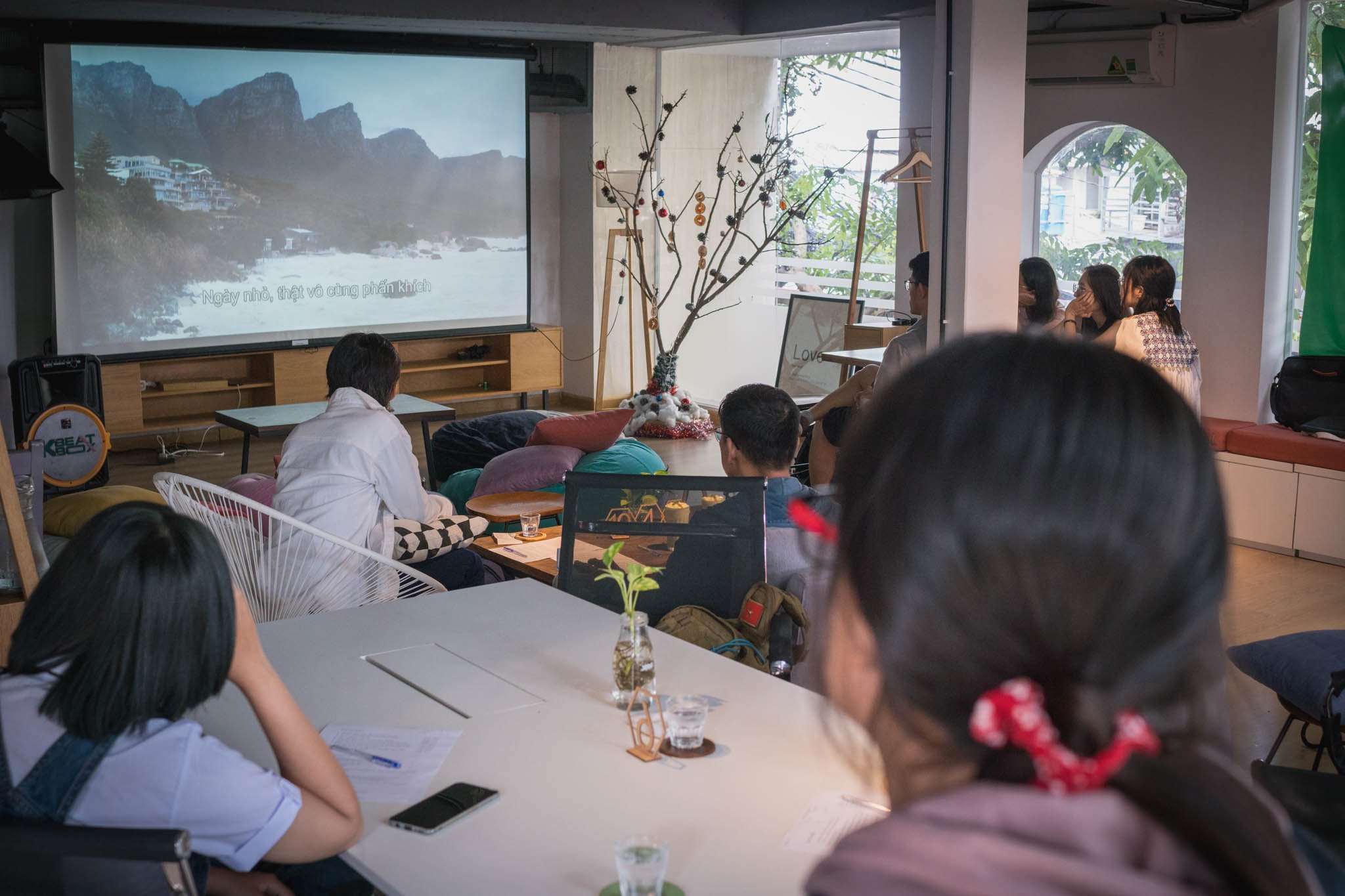

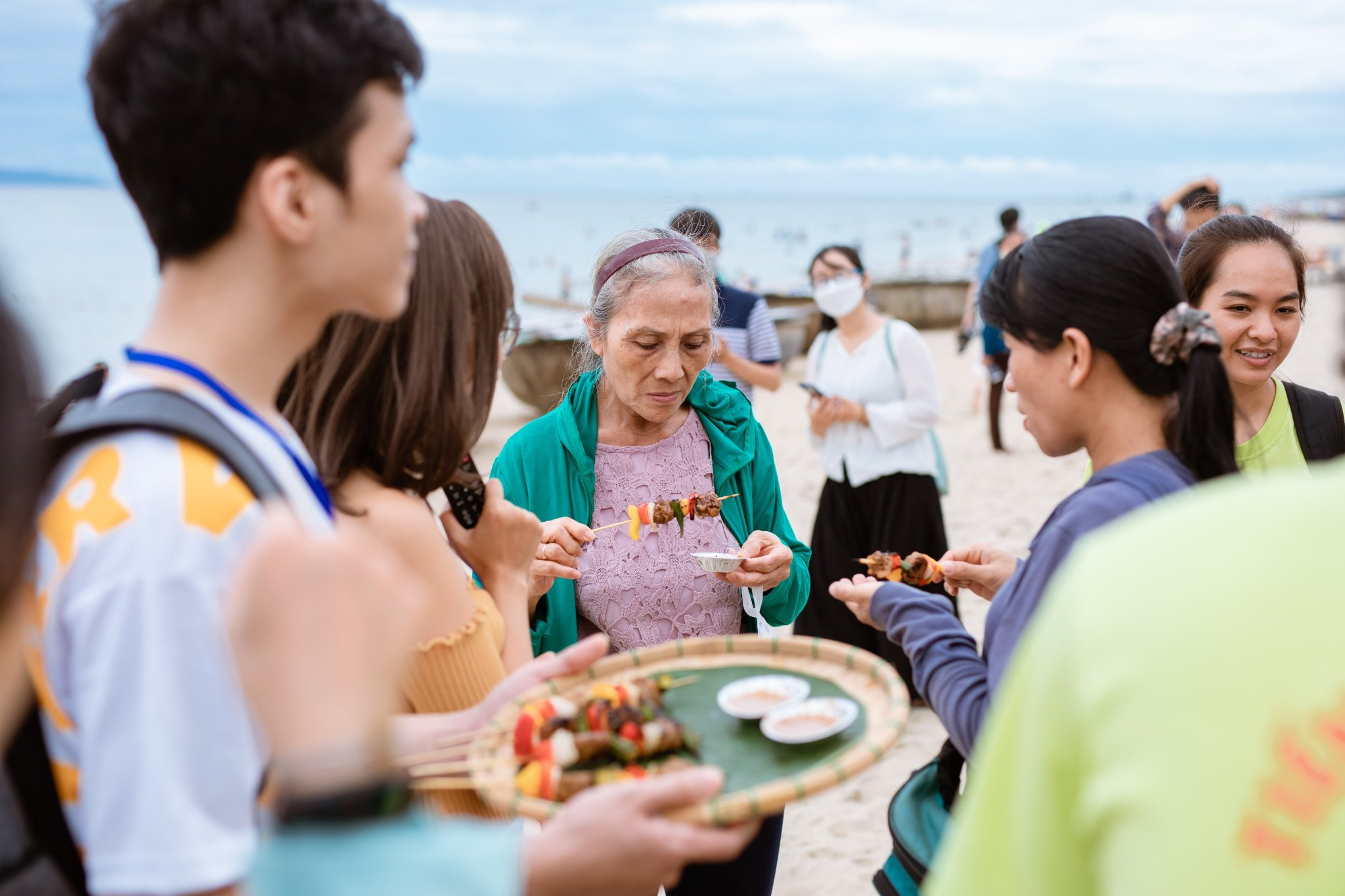



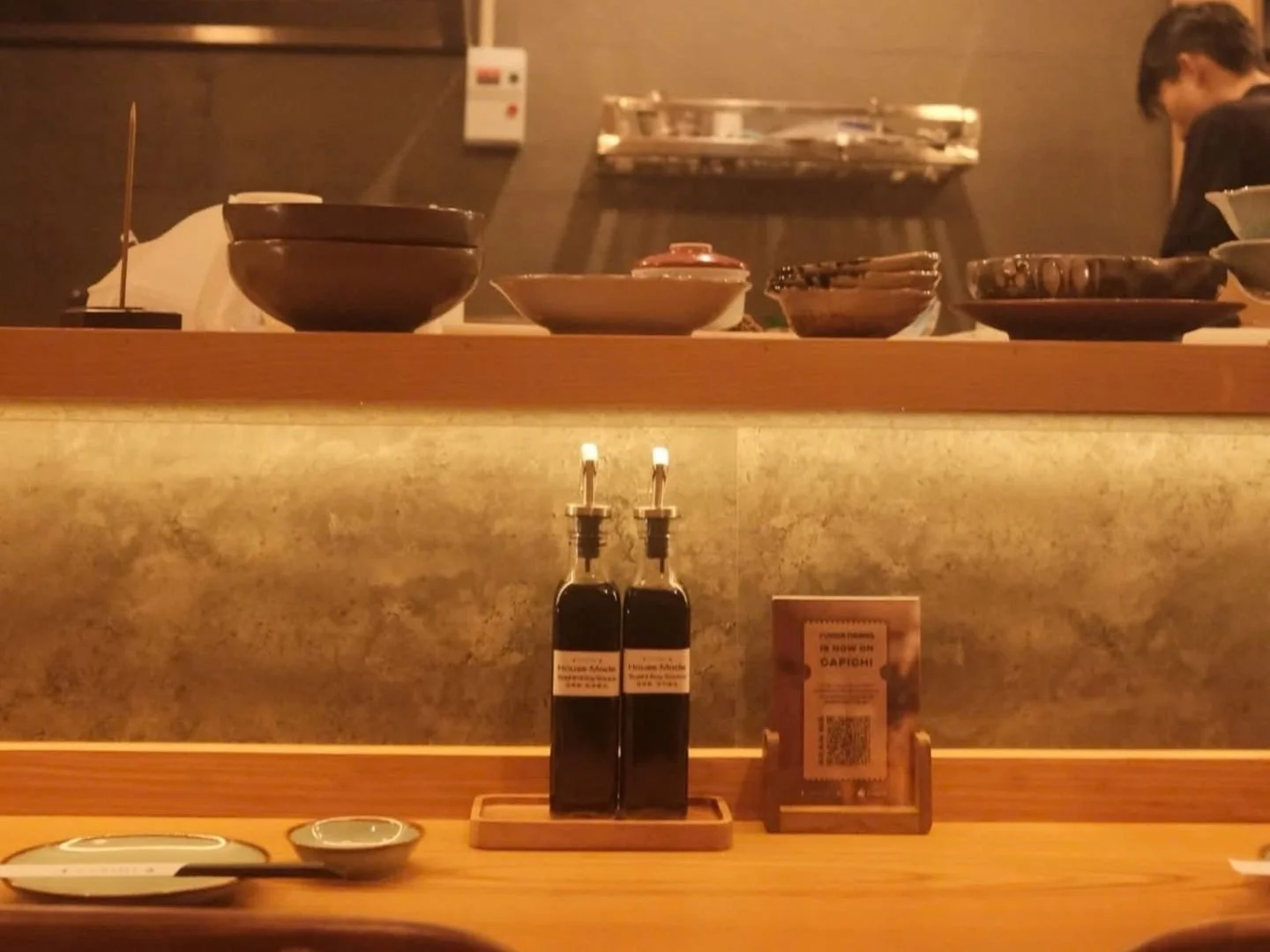
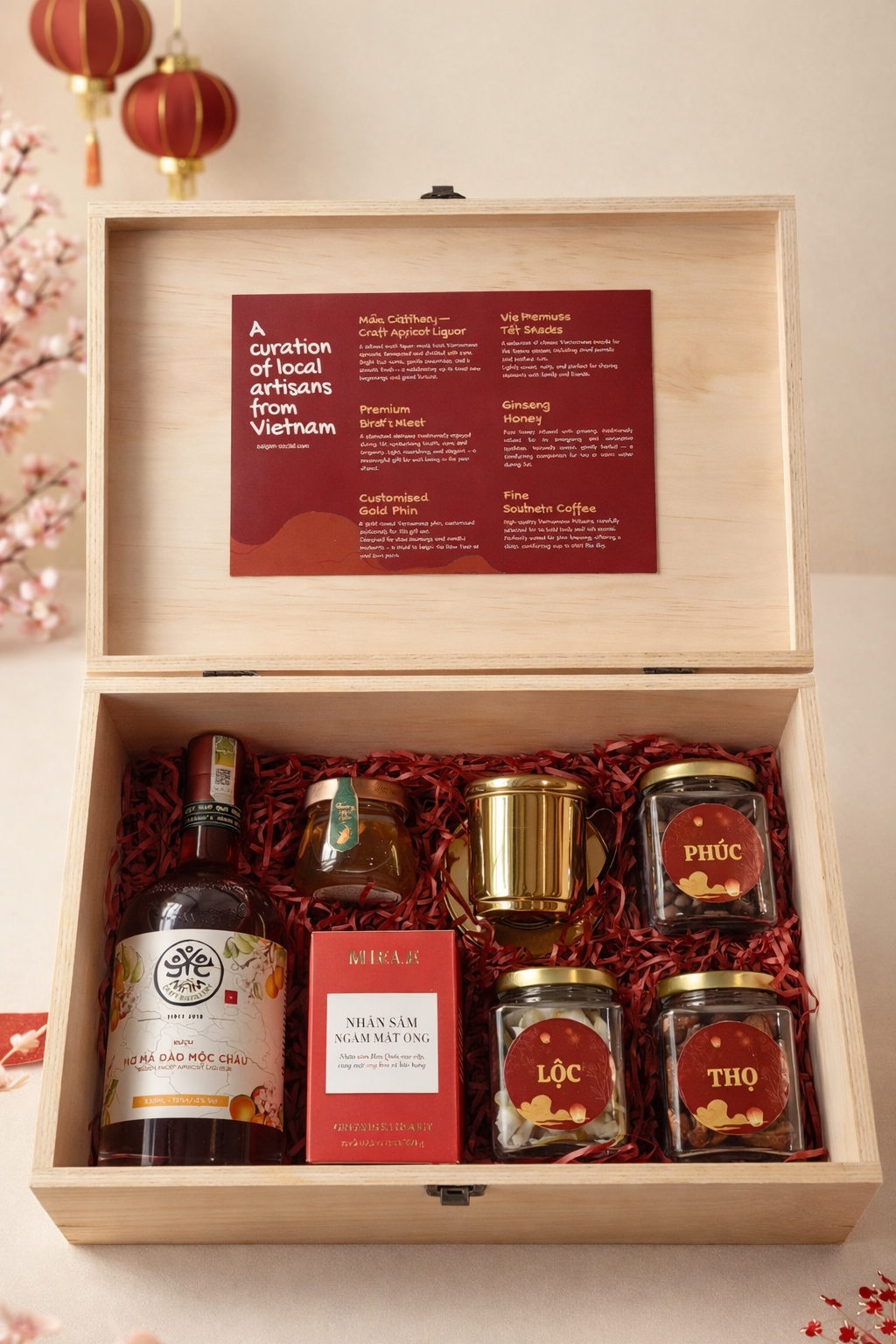
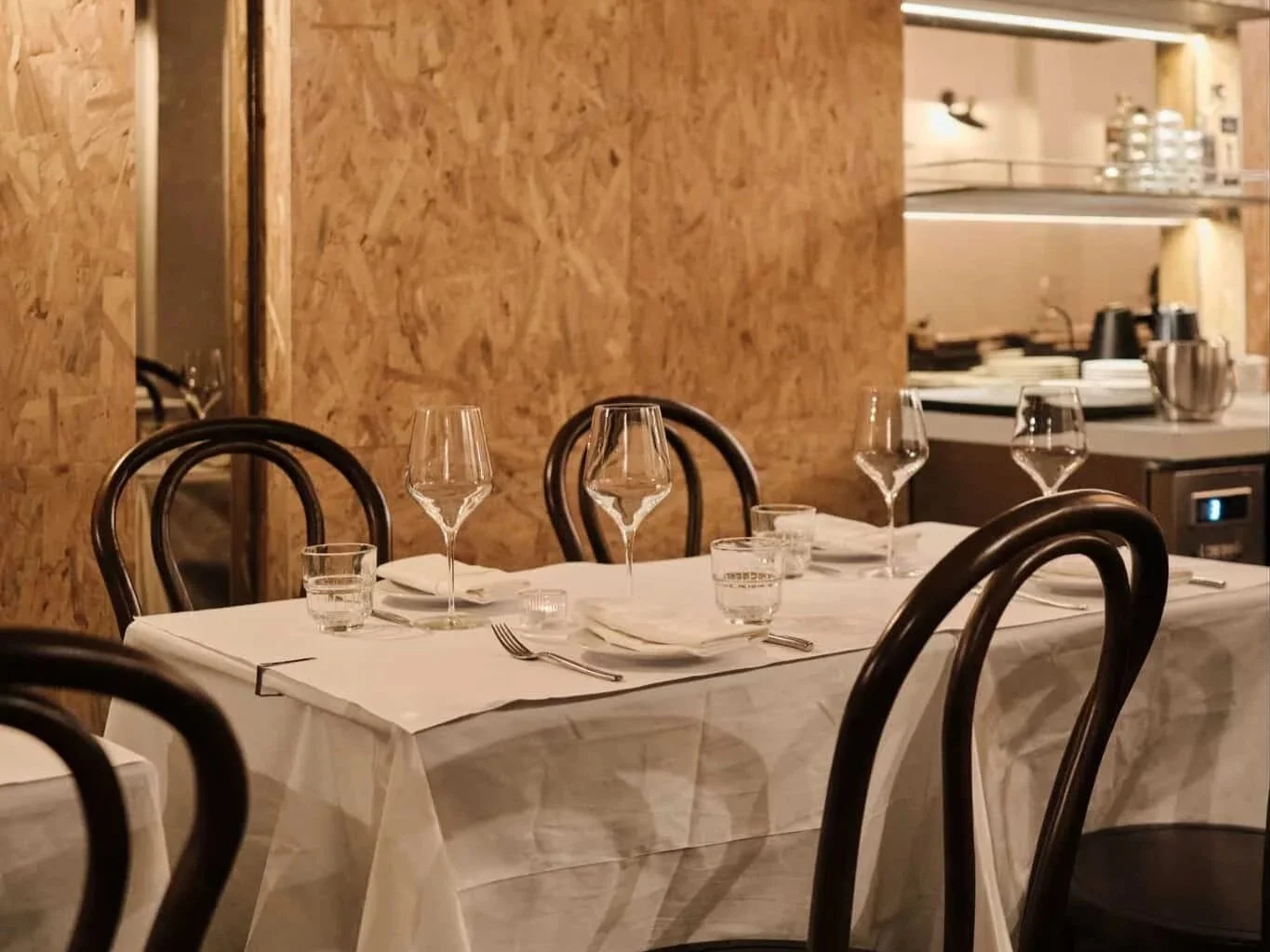









Like what you read?
Discover Vietnam’s coming-of-age food and drink scene with one of our tours and experiences exclusively available at Saigon Social